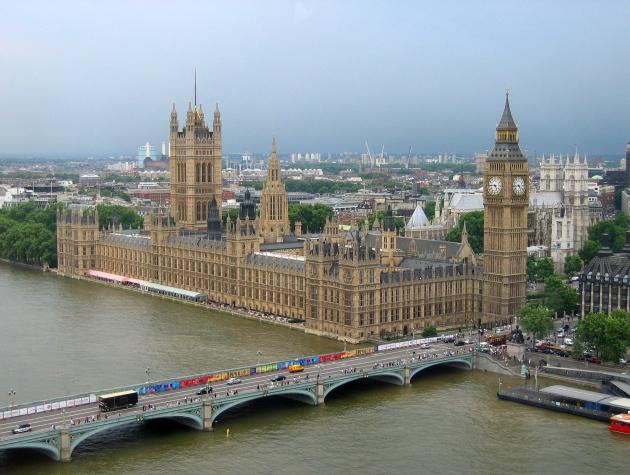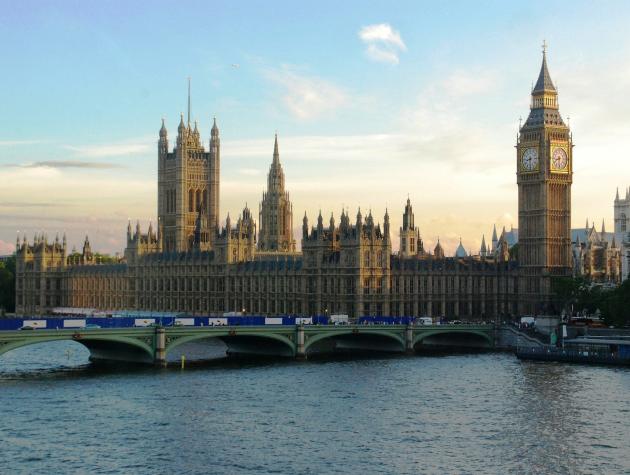Background Note: Which Way Forward for the WTO? The Plurilaterals Debate (2014)
The Challenge
Slow progress in the Doha Round, and the proliferation of preferential trade agreements (PTAs) and mega-regionals (TTIP and TTP), have prompted concerns that the WTO is becoming irrelevant. The Bali Agreement has helped assuage concerns but there is a general consensus among policy analysts that it harvested the ‘low hanging fruit’ and ‘does not clearly strengthen the system’ (Bonnekamp 2013) and did little more than get multilateralism ‘out of the emergency room and into the intensive care unit’ (Baldwin 2013). A recent Financial Times article quoted one developing country trade official as stating ‘Bali was very small. We can’t say it publicly . . . But the WTO is irrelevant’ (Donnan 2014).
Concerns about the WTO’s inability to deliver agreements have led to a series of proposals for reforming the WTO’s negotiating function and making it more efficient. This handout gives an overview of the reform proposals and their implications, particularly for small developing countries. It focuses on proposals to move away from two of the WTO’s core negotiating tenets: i) the Single Undertaking (SU) approach (i.e. nothing is agreed until everything is agreed) and ii) the consensus principle (nothing is agreed until everyone agrees). While they may enhance efficiency, such proposals are likely to have substantial costs, particularly for inclusiveness and its ability to deliver outcomes that support development, reducing the WTO’s legitimacy. The challenge then is to find ways to make the WTO negotiation function more efficient whilst retaining inclusiveness and ensuring outcomes support development, thereby preserving the WTO’s legitimacy.
Read more...






